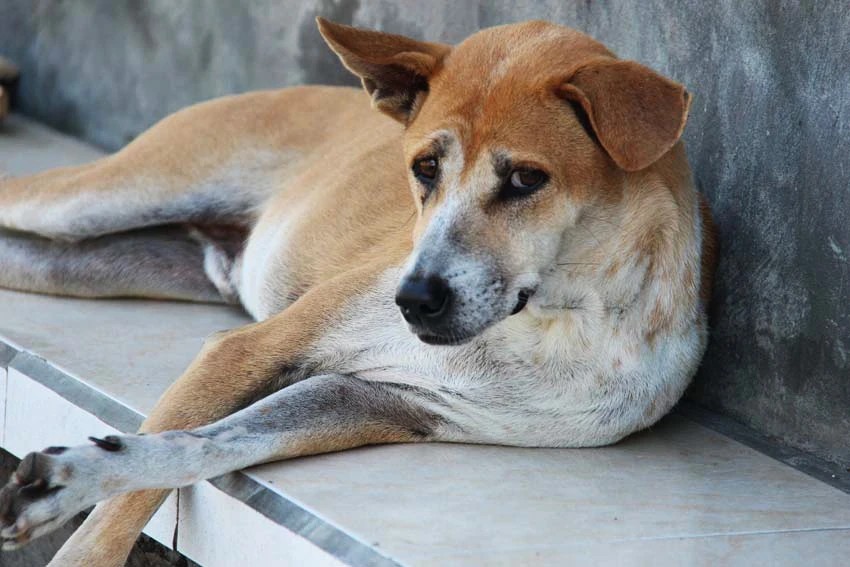Bali dog lovers were emotional when a local news outlet published a story claiming that authorities were planning to capture and euthanize all stray animals. In a post, journalists from Kutaselatan.news asserted that the acting governor, Sang Made Mahendra Jaya, and the head of the Bali branch of the Veterinary Association (PDHI), Dewa Made Anom, had reached this agreement while discussing ways to combat rabies on the island.

The inhumane news quickly spread through expat chats, with concerned individuals scrambling to find ways to stop what they saw as a cruel action against defenseless stray dogs. It seems that a similar wave of concern swept through the local community because, just a few hours later, the acting governor of Bali, Sang Made Mahendra Jaya, issued a denial. According to him, these were nothing more than rumors, and there was no plan to euthanize stray dogs through injections.
Mahendra emphasized that his meeting with the representative of the Indonesian Veterinary Association (PDHI) was focused on vaccinating animals to prevent rabies. They also discussed how to vaccinate all stray dogs.
Furthermore, there has not even been an official statement from the Bali provincial government confirming that they will vaccinate stray dogs. This matter is still being discussed theoretically.
“We must be realistic. First, we need to ensure that all pets with owners are vaccinated, and we will also address the issue of stray animals. Obviously, this action must be carried out immediately,” the acting governor said earlier.
He added that there is currently a high risk of rabies transmission to humans in Bali due to bites from dogs, cats, or monkeys, and the safety of the population is his top priority.
Mahendra Jaya also highlighted the role of the Rabies Prevention Group (Tisira), which consists of village heads, health workers, religious and community leaders. Among other things, they provide public education on rabies, assist in collecting data on the dog population, and support vaccination efforts.
“Rabies prevention is not solely the responsibility of the Department of Agriculture and Animal Husbandry. Other sectors are involved as well. The Bali provincial government’s goal is to establish rabies prevention groups in every village. We hope that this team will work effectively to achieve the goal of eradicating rabies in Bali by 2030,” said Eka Saputra, secretary of the Bali BPBD Coordinating Group for Zoonoses and Infectious Diseases.
According to the Bali Department of Agriculture and Food Security, as of September 2024, 70.38% of the known 600,000 dogs in the province had been vaccinated against rabies. The goal is to reach 100% by 2030.
Until then, the risk of rabies transmission from stray animals remains high, and experts advise travelers to be cautious. Recently, in Jembrana, a rabid dog bit 11 people, leading to a mass vaccination campaign in the area.
Additionally, according to the head of the Bali branch of the Indonesian Veterinary Association (PDHI), Dewa Made Anom, the virus has mutated over the past five years, making it harder to identify infected animals. While rabid animals are usually identified by excessive drooling, fear of water, and avoiding light, with this mutation, rabid dogs often appear normal.
“When a rabies case occurs in Bali, we investigate, record it on video, and share it with colleagues to stay informed. Bali has the highest number of dogs, so rabies cases are relatively common on the island,” he added.


You can add one right now!